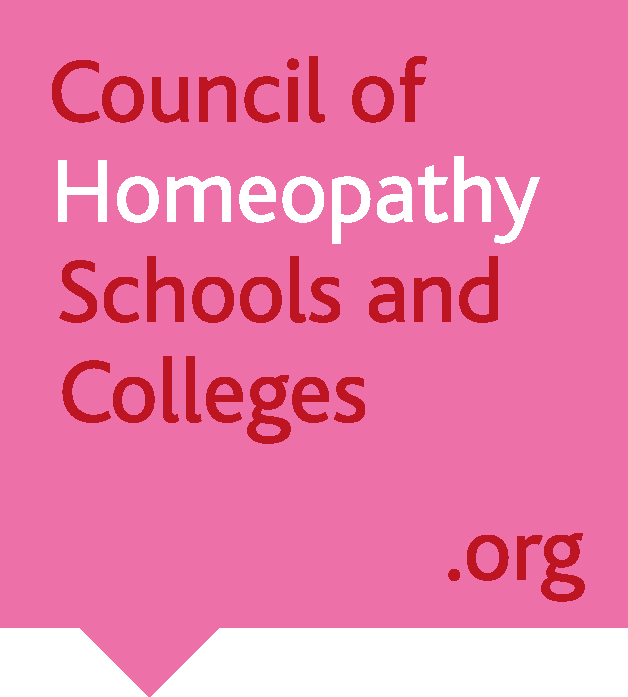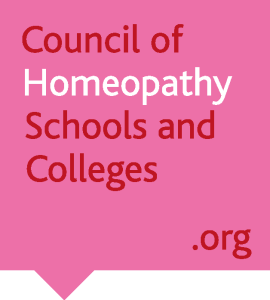
ACCREDITATION
The Accreditation Commission for Homeopathic Education in North America (ACHENA), founded in 1982 as the Council on Homeopathic Education (CHE), is an independent accreditation agency that assesses the educational standards of homeopathic schools and programs.
ACHENA Commissioners represent homeopathic educators, practitioners, students, allied health professionals and the public. As a non-profit agency, ACHENA devotes all promotional activity and funds to the mission and goals of ACHENA.
ACHENA Accreditation Process
The ACHENA accreditation process consists of two distinct, yet related processes:
The Eligibility Process – objective: Candidacy for Accreditation
The Self-Study Process – objective: Accreditation
Prerequisite School/Program Structure
The school or program structure must first include any or all of the following:
Program Type
- Master’s Degree in Homeopathy, Professional Homeopathic Practitioner certificate or diploma programs, or a Doctoral Degree in Homeopathy.
- Freestanding institution or college of homeopathy that offers such programs
- Schools that prepare professional homeopathic practitioners via educational programs that are at least 1,000 hours in length
Program Format
- In-person, classroom-based
- Distance learning only
- Blended learning (i.e. in-person and distance learning)
Program Content
Schools or programs that teach the art and science of Hahnemannian homeopathy, as set out in the 5th and 6th eds. of The Organon. Principles generally accepted as “classical” by the homeopathic community at large include – using a single homeopathic remedy, in a minimum dose according to the Law of Similars, and based on a totality of symptoms. This philosophy must be evidenced in the teaching and clinical curriculum.
ACHENA is currently seeking approval by the US Department of Education.
For more information, please visit achena.org



